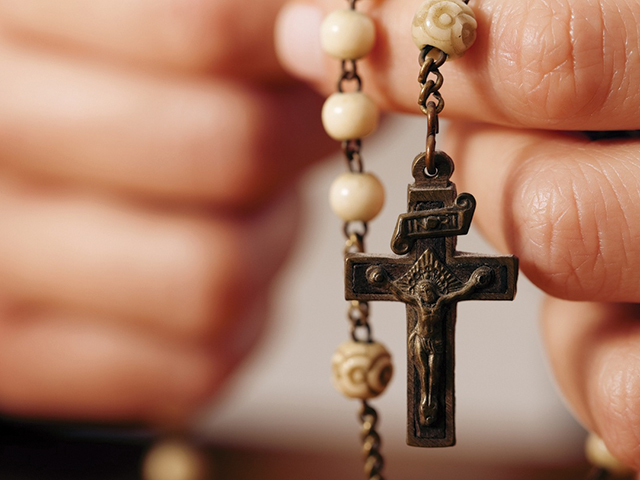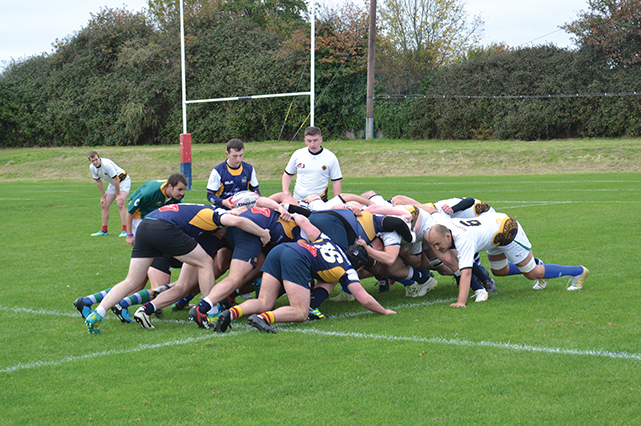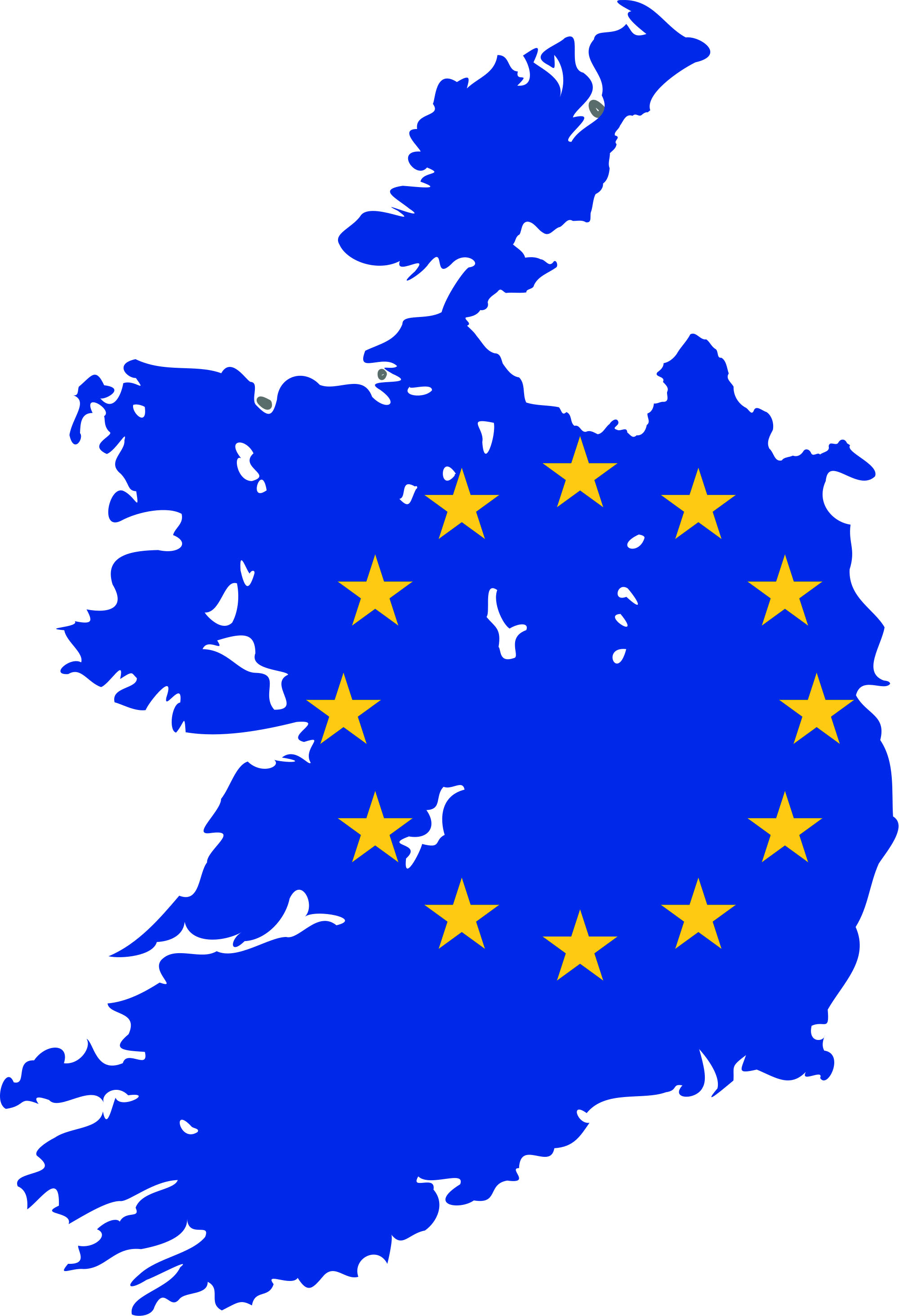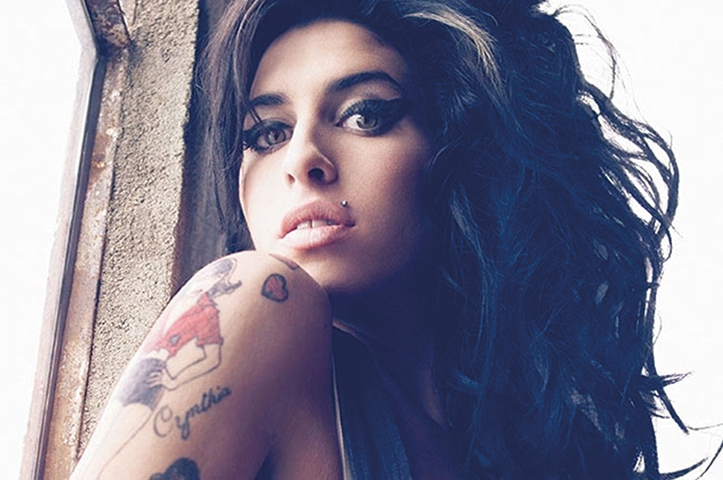
“Our Father who art in Heaven, hallowed be thy name,” is forever ingrained in the minds of any young person who attended a Catholic primary school. A prayer in the morning, a prayer before or after lunch and then a prayer before you left school for the day. Sometimes, to make it a little bit more exciting, you would be allowed to sing the lunchtime prayer.
In a lot of secondary schools, even the non-denominational ones, you were obliged to undertake religious education as a subject for the Junior Cert. Although this educated students on more than just Catholicism, it was still religion, a subject some people had no interest in.
Once the Junior Cert is over, religion is no longer forced on students. By the time they leave secondary school, and enter third-level, a lot of people have had no interaction with religion in two or three years. This is obviously going to have a huge impact on how devout these individuals are and was clearly displayed in the 2016 census report.
Do students still believe in Christianity?
Students were the largest grouping of people who said they had no religious affiliation in the Census 2016. Some 15.3 per cent of students said that they did not have any religion, up from 9.4 percent in 2011. However, the church is definitely trying to counteract this pull away from Catholicism in third-level institutions.
“Students are definitely the biggest demographic that are moving away from religion, and Catholicism in particular,” said John Hamill from Atheist Ireland.
“It’s harder in this day and age to convince people to be religious to the core. Younger people are more ready to challenge some of those ideas when they’re demonstrably superstitious and less beholden to historic and cultural traditions.”
However, Phillip McKinley, a chaplain in DCU, said that 18 to 25-year-olds were always the group of people who practised religion the least but that doesn’t mean that chaplains should try and force religion on them. He believes chaplains are in universities for so much more than just religious matters.
“The religious landscape in Ireland is so much more diverse now, and that should be reflected in the work of the chaplains. All chaplains should be chaplains to all people. Neutrality doesn’t mean inclusion. Nobody is completely neutral, you should be able to include all people no matter your religious belief,” he said.
DCU set up their interfaith centre 27 years ago, meaning it was way before its time. DCU didn’t have religious origins whereas many others universities in Ireland have a very Catholic history and that is why they are trying to preserve its ‘heritage’.
Counteracting decline in Catholicism
Dundalk IT (DKIT) are one of the universities trying to counteract the trend of students moving away from Catholicism, according to students.
They previously had a diverse range of faiths and religions on their website which they have recently removed under a policy implemented by their newly appointed, state-funded chaplain Paddy Rushe.
Atheist Ireland were also informed that students who were brought up Catholic and are seeking Evangelism from other religions have to first sit down in discussion with the chaplain.
However, Rushe said that this is untrue and that the new website layout and policies are to present a non-denominational outlook.
“If a student is unable to find such a contact, we are happy to help people make contact with the faith group of their choice. As we say at induction ‘If I’m not the person who can help you, I will do my very best to find the person who can’,” Rushe said.
Paying for university chaplains
There are over 20 Higher Education Institutes in Ireland and the funding for them comes in a variety of forms. Most are state-funded, some are paid for through non-exchequer university resources, others are paid for through donations or by churches.
Many people have an issue with the fact that some are state-funded; people of all faiths, and none, are paying for chaplains in universities that they may not be attending.
However, in the case of Mary Immaculate College in Limerick, the chaplain is paid for through the student contribution fee, which often goes unbeknownst to students. If students in the Limerick area want to become a primary school teacher, they are forced to pay the salary of the chaplain in the university, no matter their religion.
The chaplaincy website for Mary Immaculate does however state that all religions are welcome and not just Catholics. Mary Immaculate were unavailable for comment when contacted on this issue.
Religion and, Catholicism in particular, has always been dominant in Ireland. However, students are beginning to point out the flaws in not only the teachings, but also the way in which its presence is distributed.
Fiona Stapleton, a student who was brought up catholic, said: “Although I’m technically a Catholic, I’m not afraid to stand against certain teachings and actions that the church undertakes.”



